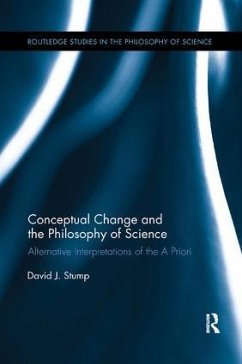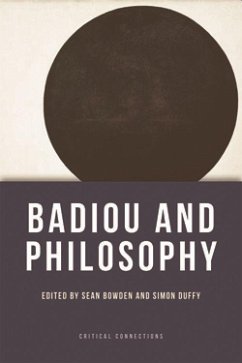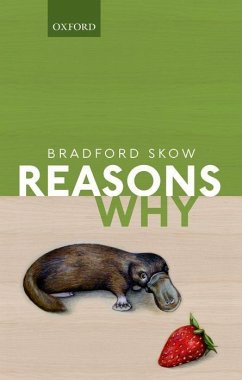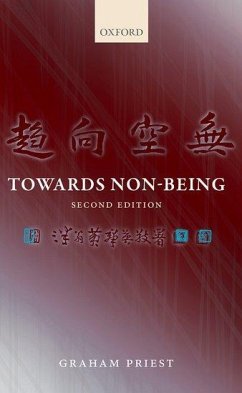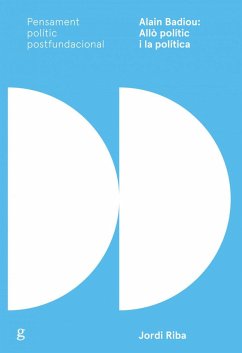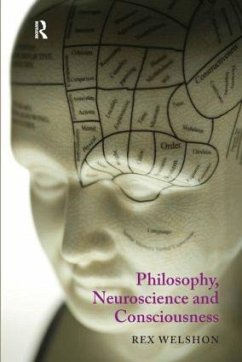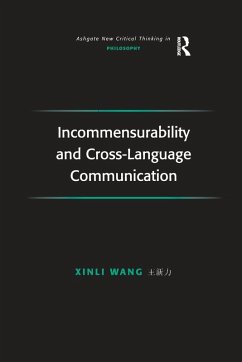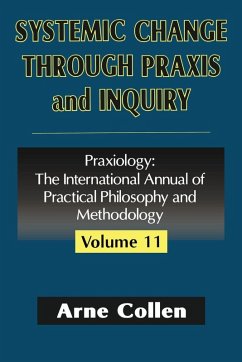Nicht lieferbar
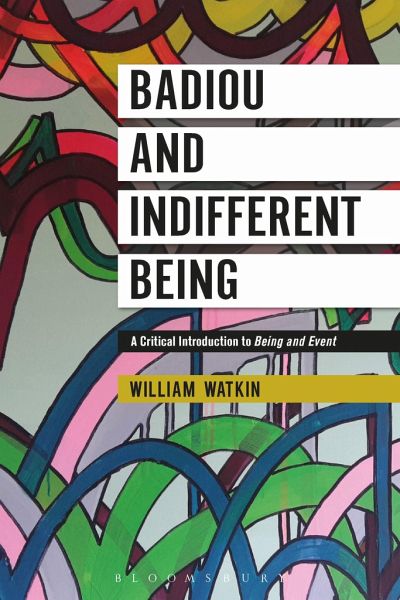
Badiou and Indifferent Being
A Critical Introduction to Being and Event
The first critical work to attempt the mammoth undertaking of reading Badiou's Being and Event as part of a sequence has often surprising, occasionally controversial results. Looking back on its publication Badiou declared: "I had inscribed my name in the history of philosophy". Later he was brave enough to admit that this inscription needed correction. The central elements of Badiou's philosophy only make sense when Being and Event is read through the corrective prism of its sequel, Logics of Worlds , published nearly twenty years later. At the same time as presenting the only complete overvi...
The first critical work to attempt the mammoth undertaking of reading Badiou's Being and Event as part of a sequence has often surprising, occasionally controversial results. Looking back on its publication Badiou declared: "I had inscribed my name in the history of philosophy". Later he was brave enough to admit that this inscription needed correction. The central elements of Badiou's philosophy only make sense when Being and Event is read through the corrective prism of its sequel, Logics of Worlds , published nearly twenty years later. At the same time as presenting the only complete overview of Badiou's philosophical project, this book is also the first to draw out the central component of Badiou's ontology: indifference. Concentrating on its use across the core elements Being and Event-the void, the multiple, the set and the event-Watkin demonstrates that no account of Badiou's ontology is complete unless it accepts that Badiou's philosophy is primarily a presentation of indifferent being. Badiou and Indifferent Being provides a detailed and lively section by section reading of Badiou's foundational work. It is a seminal source text for all Badiou readers.





